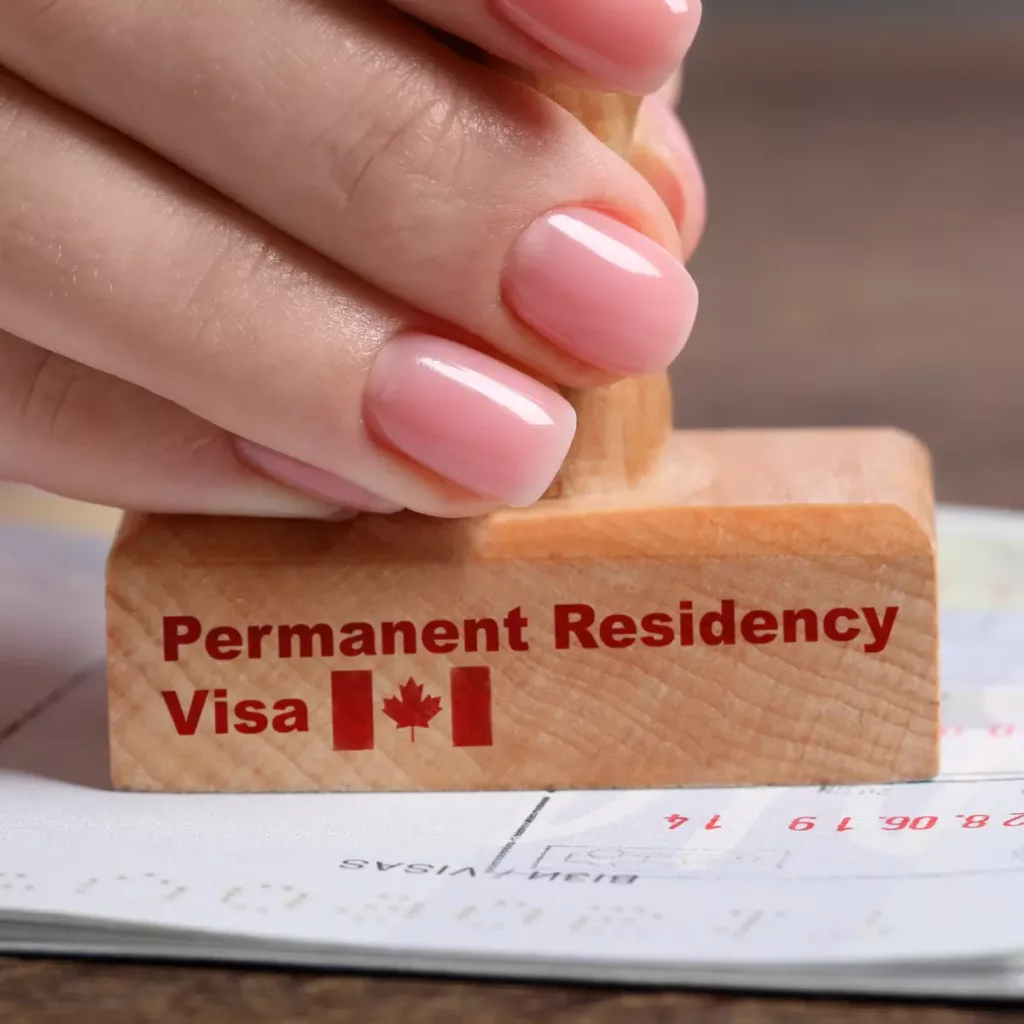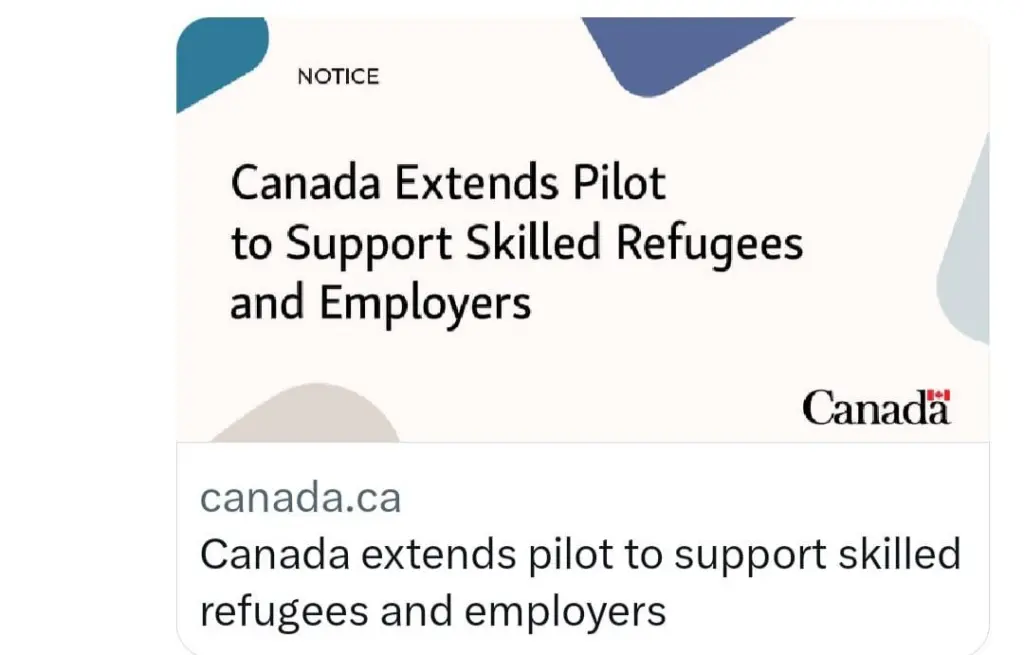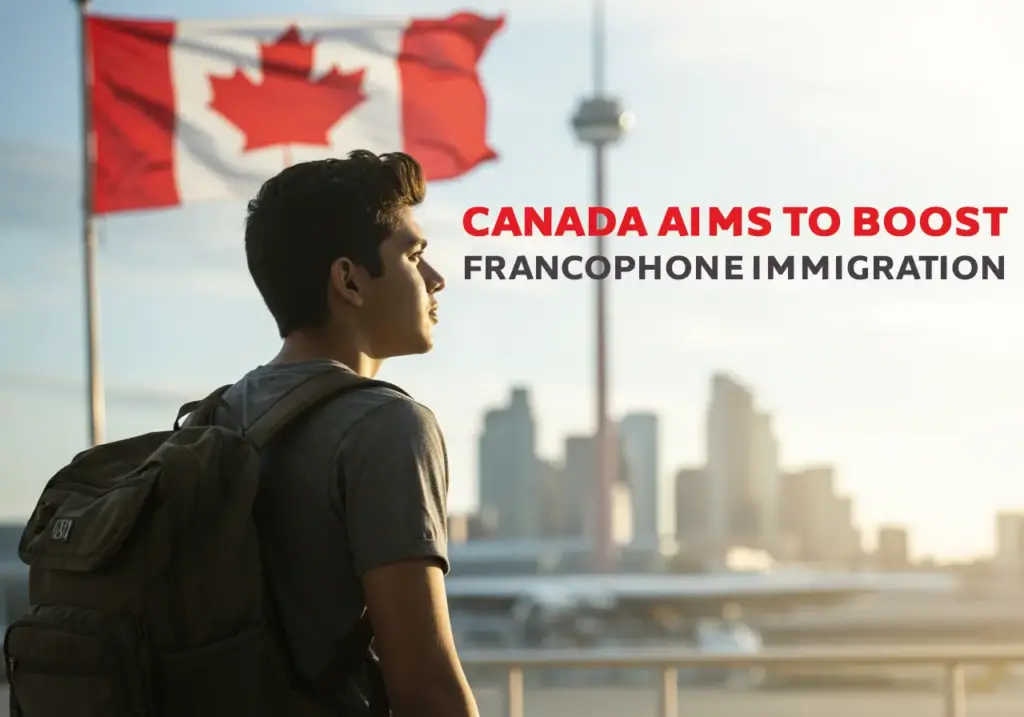Former protective care minors granted new permanent residency route
Discovering the transformative impact of the recent policy change granting former protective care minors a new permanent residency route in Canada. This pivotal development not only offers hope and stability to individuals navigating the complexities of immigration after emerging from the protective care system but also acknowledges their resilience and determination to build a brighter future. Through this blog, we delve into the profound implications of this initiative, celebrating the invaluable contributions of these individuals and exploring the transformative journey they undertake as they navigate the application process and embrace the promise of a secure and fulfilling life in Canada.

In Ottawa on January 23, 2024, a pressing concern emerged regarding individuals who arrived in Canada as minors and were placed under the custody of child protection services but never secured permanent residency or citizenship. Despite their substantial ties to Canada and often minimal connections to their countries of birth, these individuals now find themselves at risk of deportation.
To address this critical issue, Immigration, Refugees and Citizenship Canada has introduced a public policy offering a pathway to permanent residence for these vulnerable individuals. This policy, effective until January 21, 2027, aims to provide a lasting solution for those who have remained in limbo despite living in Canada for years due to their lack of permanent status.
This initiative builds upon measures implemented in the fall of 2023, which granted eligible individuals from child protection services temporary resident permits (TRPs) along with work or study permits. The introduction of TRPs alleviated the immediate threat of deportation, providing temporary relief for those affected. Now, as part of this new policy, individuals eligible for TRPs can transition to permanent residency, offering them stability and security in Canada.
This proactive approach underscores Canada’s commitment to ensuring fair and equitable access to its immigration system, particularly for individuals who arrived in the country as minors and faced unique challenges while under protective care. By providing a dedicated pathway to permanent residency, Canada aims to address the needs of these individuals and offer them a chance to fully integrate into Canadian society.
Find out if you are eligible to get in Canada →
What are the eligibility requirements for permanent residence?
To qualify for permanent residency, you must meet the following criteria:
- Arrived in Canada before turning 19 years old.
- Maintained continuous residency in Canada for at least 3 years before applying.
- Maintained continuous residency in Canada since turning 19 years old (if currently over 19 years).
- Been under the legal guardianship of a child and family services provider under a provincial or territorial government’s designated ministry for child protection for at least 1 year (cumulative).
- Physically present in Canada at the time of application submission and when granted permanent residence.
- Intend to reside in a province or territory other than Quebec.
- Have no serious criminal offenses committed outside of Canada or acts contrary to the principles of the United Nations.
- Possess a valid passport, travel document, identity document, or statutory declaration.
- Not be inadmissible to Canada.
Whom you can incorporate into your application?
You can include your eligible family members who are living in Canada in your application.
A family member encompasses:
- Your spouse or common-law partner
- Your dependent child, or the dependent child of your spouse or common-law partner
- A dependent child of a dependent child
Make sure to list all your family members, whether they’re with you in Canada or not. If you don’t include family members who aren’t with you, you won’t be able to sponsor them later.
Who is eligible to apply?
Under this public policy, being in state care means:
- You were under the legal responsibility of a child and family services provider.
- The responsible provincial or territorial authorities obtained full legal “parental” responsibilities for you through a court order.
If you applied for a temporary resident permit:
If you have applied for and received a temporary resident permit (TRP), your TRP remains valid until:
- The expiry date indicated on the permit, or
- Your application for permanent residence is approved.
Throughout the permanent residence application process, you may need to provide some of the same documents that you submitted for your TRP application.
How to apply?
Let’s discuss how can you apply:
1. Check Your Eligibility:
Before starting your application, verify if you meet the eligibility criteria.
2. Complete Forms and Gather Documents:
Ensure you fill out all forms and gather the documents listed in your document checklist.
3. Mail Your Application:
Print out the application forms and submit all documents by mail.
Before sending your application, ensure you:
- Answer all questions on your forms
- Sign your application
- Include all required supporting documents
No Fee:
Eligible foreign nationals who were in state care do not pay a fee for a permanent residence application under this policy.
Send the complete application in a stamped envelope. If applying as a family, send all documents in one envelope.
Also, write your name and address in the top left-hand corner of the envelope.
How is your application handled by IRCC?
Upon receiving your application, we will ensure that:
- You have provided all the necessary information.
- You meet the eligibility criteria for the public policy.
IRCC will then proceed to review your application and send you an acknowledgment of receipt letter containing your application number.
If you qualify, we will:
- Request additional documents if required.
- Arrange for medical exams, criminal and security checks, and biometrics (fingerprints and photo) if necessary.
Keeping Your Information Updated:
To prevent delays, please ensure your personal information is kept current.
Updating Your Address:
Use IRCC’s online tool to update your address.
Informing IRCC of Application Changes:
Refer to the “Updating your contact information or application” to notify IRCC of any changes in your application, such as marriage, divorce, birth or adoption of a child, death of an applicant or dependent, or new contact information.
Tracking your application
After receiving your acknowledgment of receipt letter containing your application number, you can monitor your application status using IRCC’s online tool, which is updated daily.
In conclusion, the introduction of a new permanent residency route for former protective care minors in Canada represents a significant step towards recognizing and addressing the unique challenges faced by these individuals. This policy change not only offers them a sense of stability and security but also acknowledges their resilience and contributions to society. As we reflect on this transformative initiative, it is evident that it holds the potential to empower countless individuals to build brighter futures and achieve their full potential in Canada. Moving forward, it is essential to continue supporting and advocating for the rights and well-being of former protective care minors, ensuring that they have the opportunity to thrive and contribute meaningfully to their communities.











